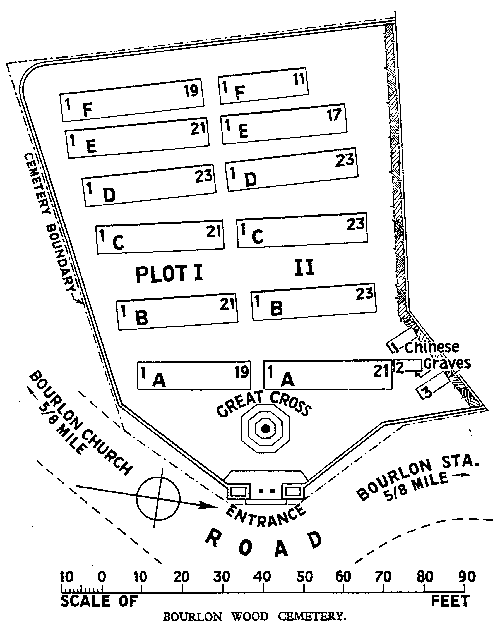

FRank William Lewis

Biography
Pte. Frank William Lewis (Regimental Number 237801) was born in Peterborough, Ontario, on June 8th, 1889. He had two siblings - a sister, Mrs. Mabel Weart, who he would leave all his possessions and payments to - and a brother, Mr. Chas. Geo. Lewis. He moved away from Peterborugh, and lived at 134 Mavety St in Toronto at the time of his enlistment. He was a machinist by calling. He was a Church Of England Christian.
The date of his enlistment was May 11th, 1916. He was twenty six years and eleven months old at the time. He was not married, nor did he have any previous military experience. He signed for at least a year, or however long the war would take, plus six months after. He was five foot six, with a fair complexion, brown hair and hazel eyes. He had no special markings.
He went overseas on the S.S. Saxon, finally arriving in England April 7th, 1917. Originally, he was with the 204th Battalion, however, he came down with influenza. He was admitted to Moore Barracks, a hospital, on April 12th, 1917, and discharged eleven days later, on April 23rd, 1917. On May 27th, 1917, he was transferred to the 125th battalion. He was admitted to yet another hospital when his influenza returned on October 13th, 1917, and discharged on later on October 20th, 1917. He was transferred for a final time to the 38th battalion on March 27th, 1918. He served with them for another six months before he was killed in action on September 29th, 1918.
Battalions
Frank William Lewis served in three battalions. The first battalion he was involved in overseas was the 204th. He served with them for a little over a month, but almost two weeks of that time he was in hospital. The 204th Battalion was based in Toronto, Ontario. In May, they were absorbed into the 2nd Reserve Battalion. They had a single officer commanding, Price.
The next battalion he served in was the 125th. He served with them for ten months, with a week out in October due to the return of his influenza. While he was with them, they weren’t involved in any significant battles. They were absorbed into the 8th Reserve Battalion. They were originally based in Brantford. They had one Officer Commanding, Lieut-Col. M. E. B. Cutcliffe.
The final battalion he served in was the 38th. He served with them for six months. The 38th battalion was involved in several small battles, but it’s biggest one, and the one Frank was involved in, was Passchendaele. It was originally based in Ottawa. It’s Commanding Officer was Lieut. Col. C. M. Edwards.
Burial/Remembrance
Pte. Frank William Lewis’ body lays in the Bourlon Wood Cemetery in Pas de Calais, France. His grave reference is II. A. 15.
His name is displayed each year in the Memorial Chamber of the Peace Tower on pg. 449, on September 25th.
Battalion 204 also has a honour plaque for everyone who served with them.




Trench Life
My soldier, and everyone he fought alongside, had to live in trenches. Trenches were lines dug in the ground, about six feet deep. They spanned from Belgium to Switzerland. Both sides would stay in these trenches in between fights, or to hide from gunfire. There would be a space in between, ranging in size, called No Man’s Land. The trenches, however, posed their own risks.
They were small, cramped things. The dirt eventually turned to mud, and the trenches were filled with sewage and filth and rats. Rats carried disease with them, and lurked in the trenches. They’d chew away at soldier's boots. This, and sewage water, as well as gnats corroded boots.
As soldier's boots wasted away, they were forced to walk around without them. This condition of having poorly-made or falling apart boots caused something called trenchfoot. It was a form of frostbite that came from walking around in mud and cold sewage. It made feet swell up and be in extreme pain.
Some soldiers hated the conditions in the trenches so much that they’d often harm themselves in order to get to the hospital, or back home if they were lucky. And who wouldn’t? These trenches were filled with filth, they were cold, they were wet, and they even had dead bodies in them. There were brief reprieves, of course. When soldiers got to smoke, or eat, or drink, it was welcomed, but that could not balance the treachery that was trenches.
https://splice.gopro.com/v?id=6Dr55A
a video version of the above text
